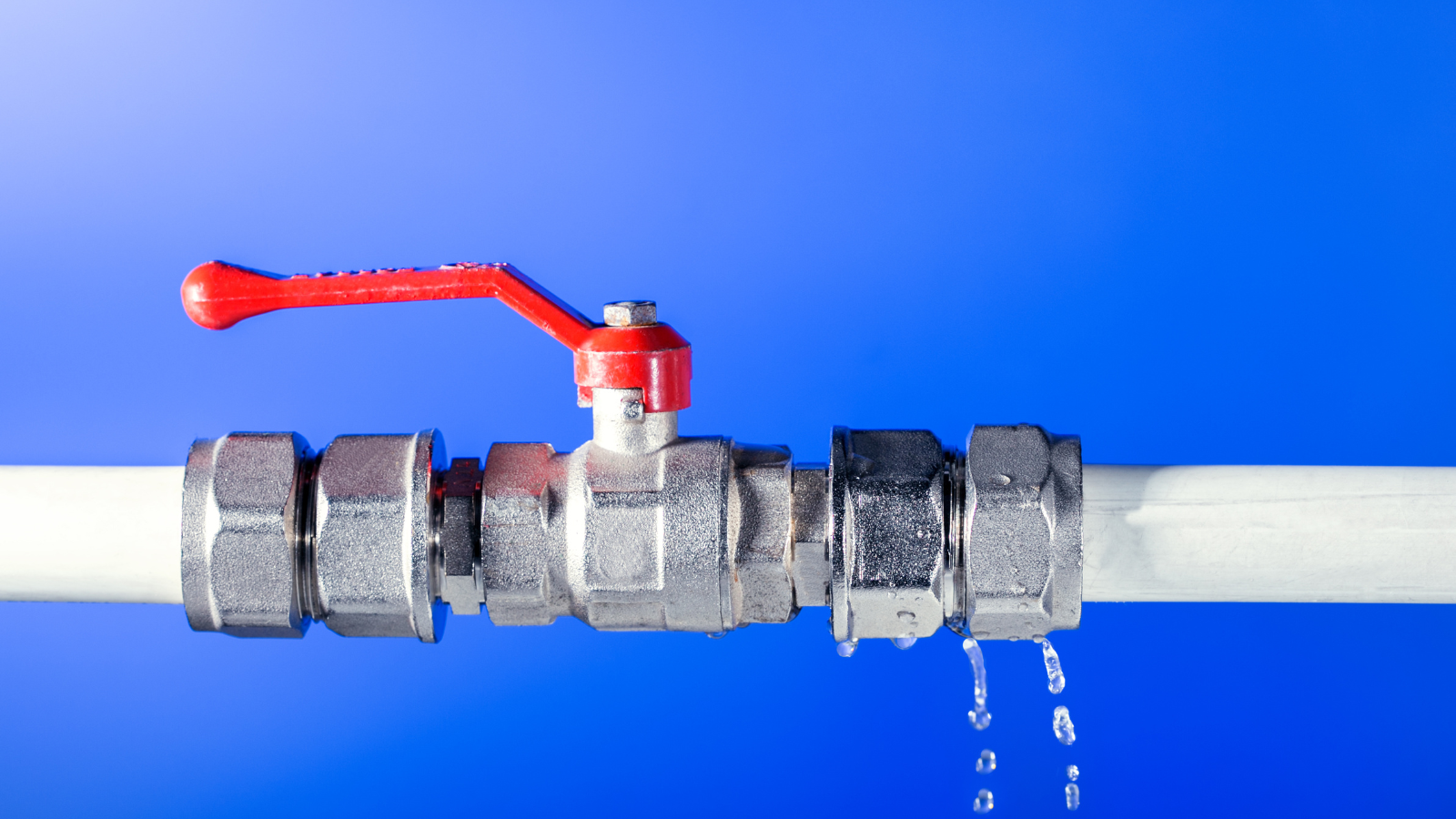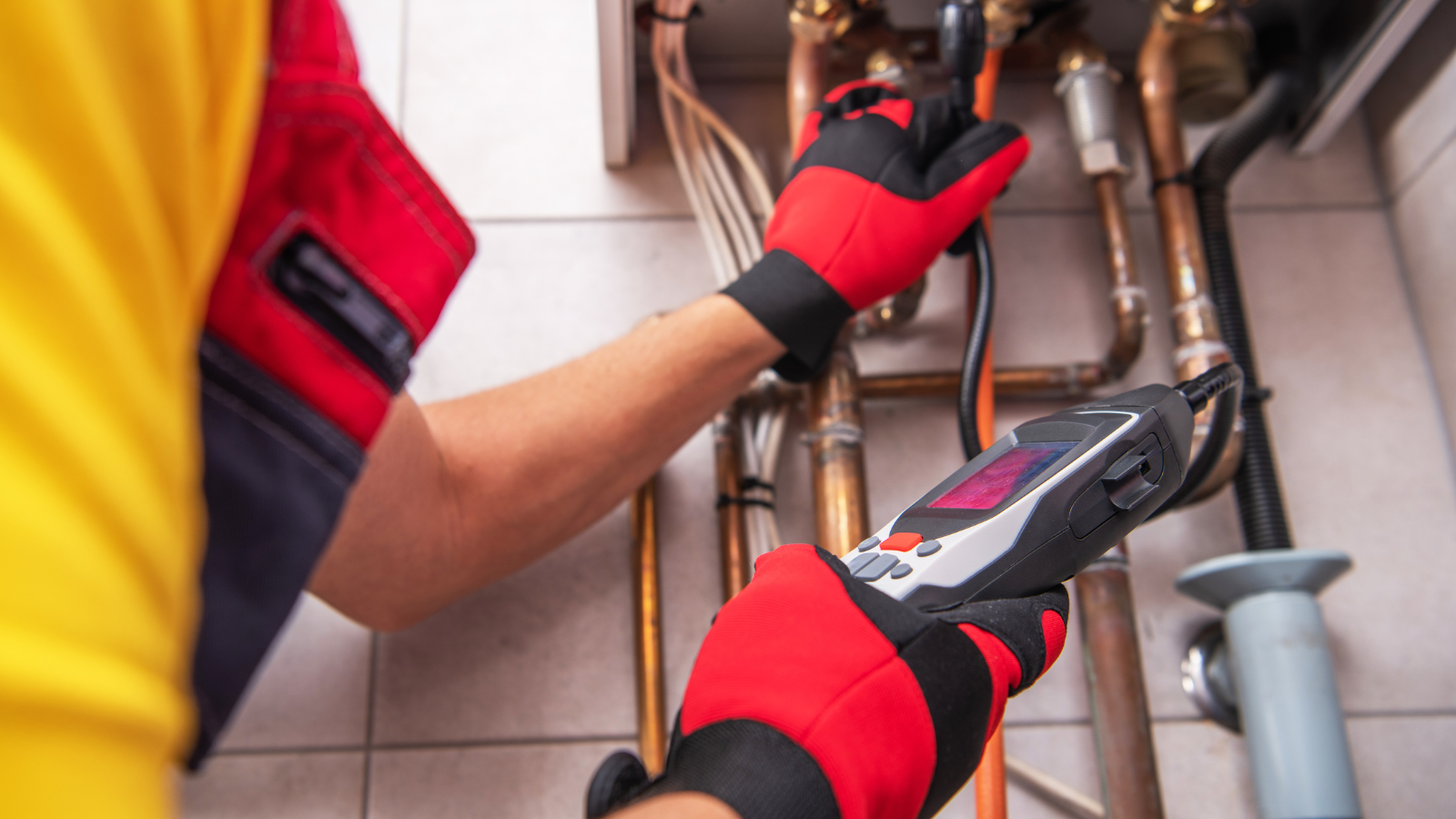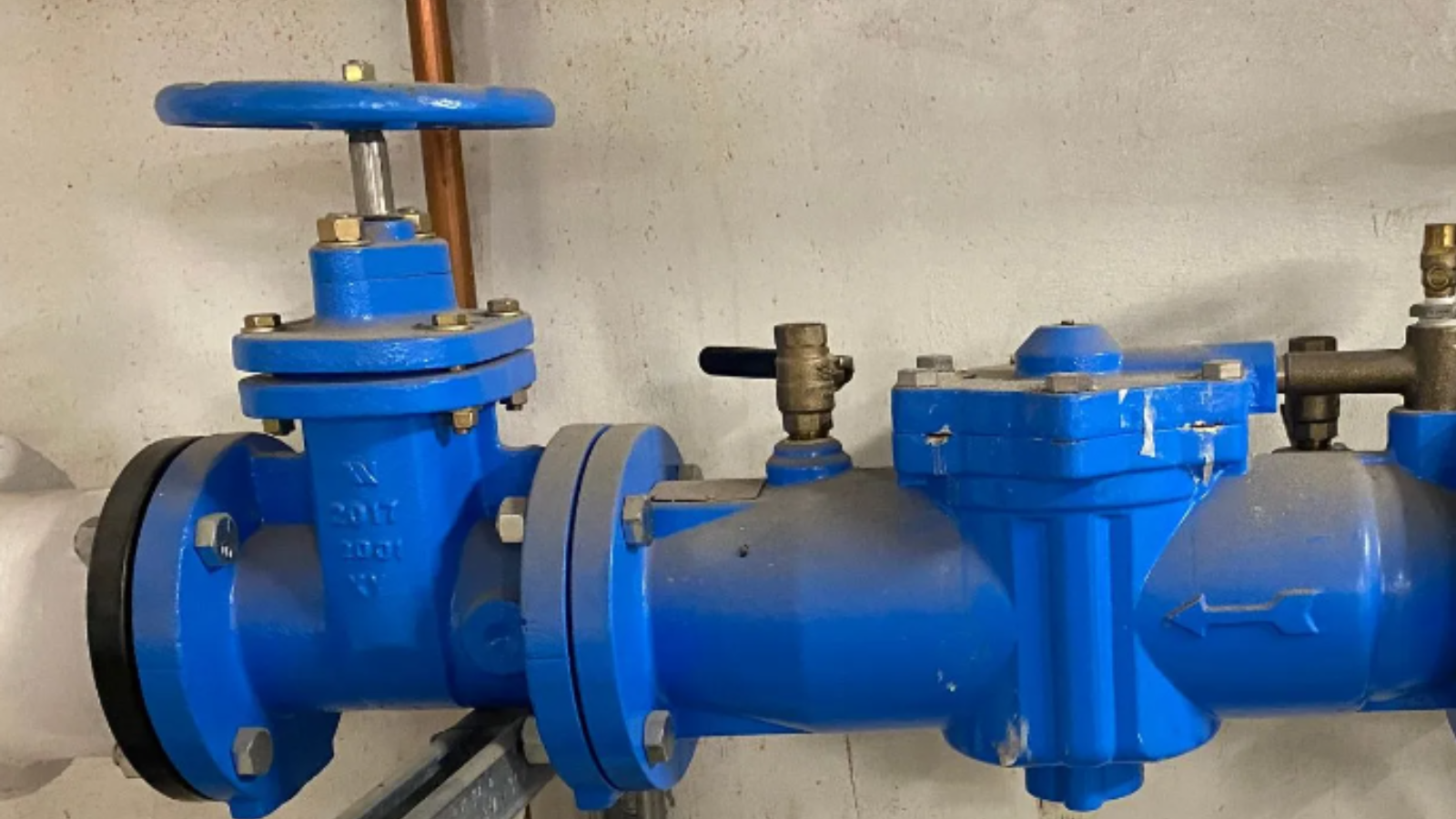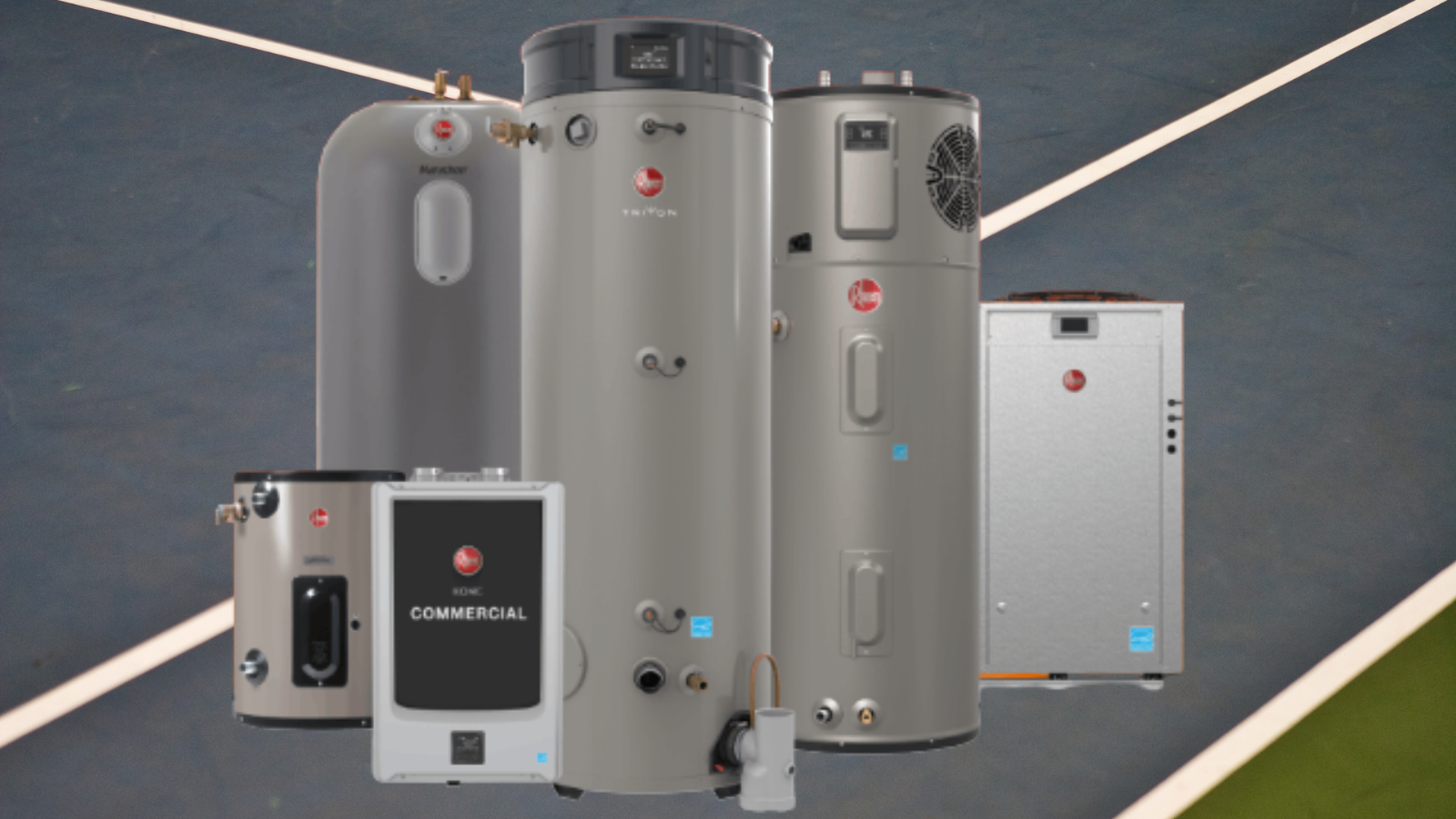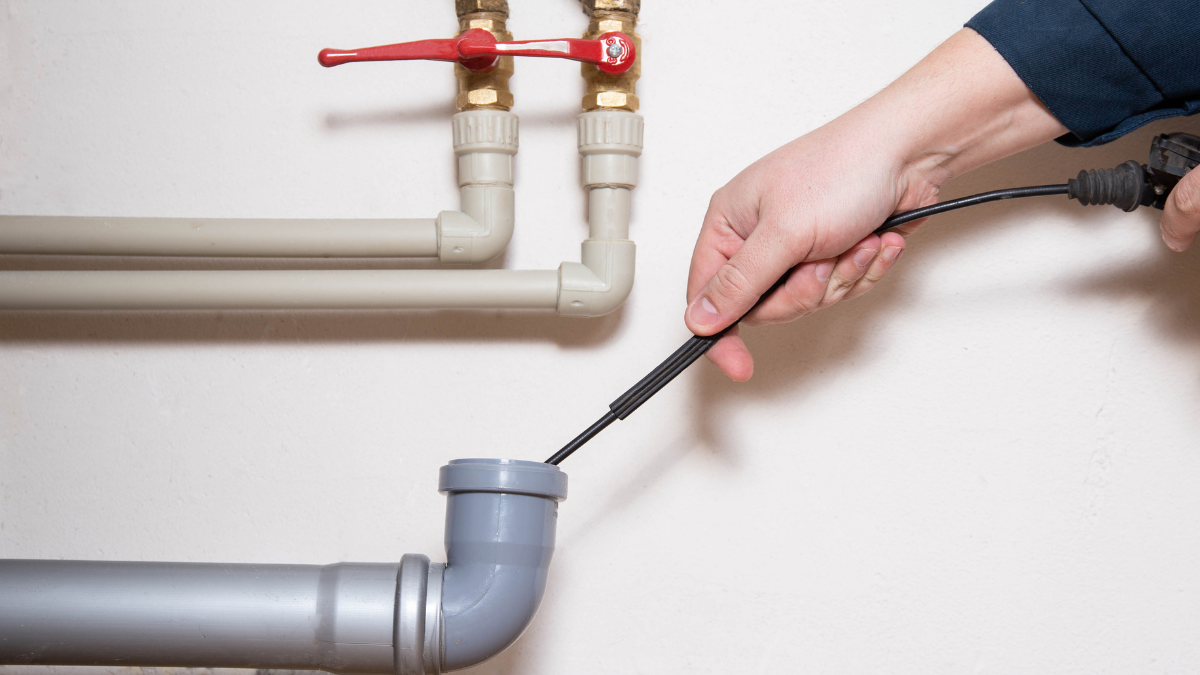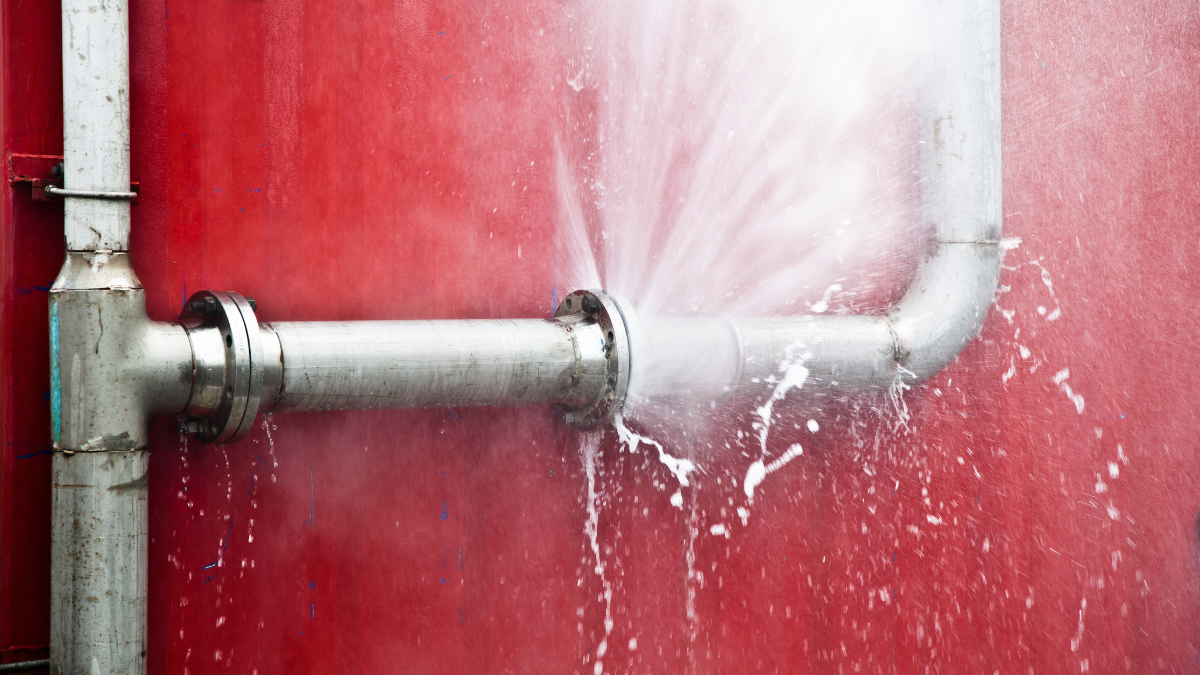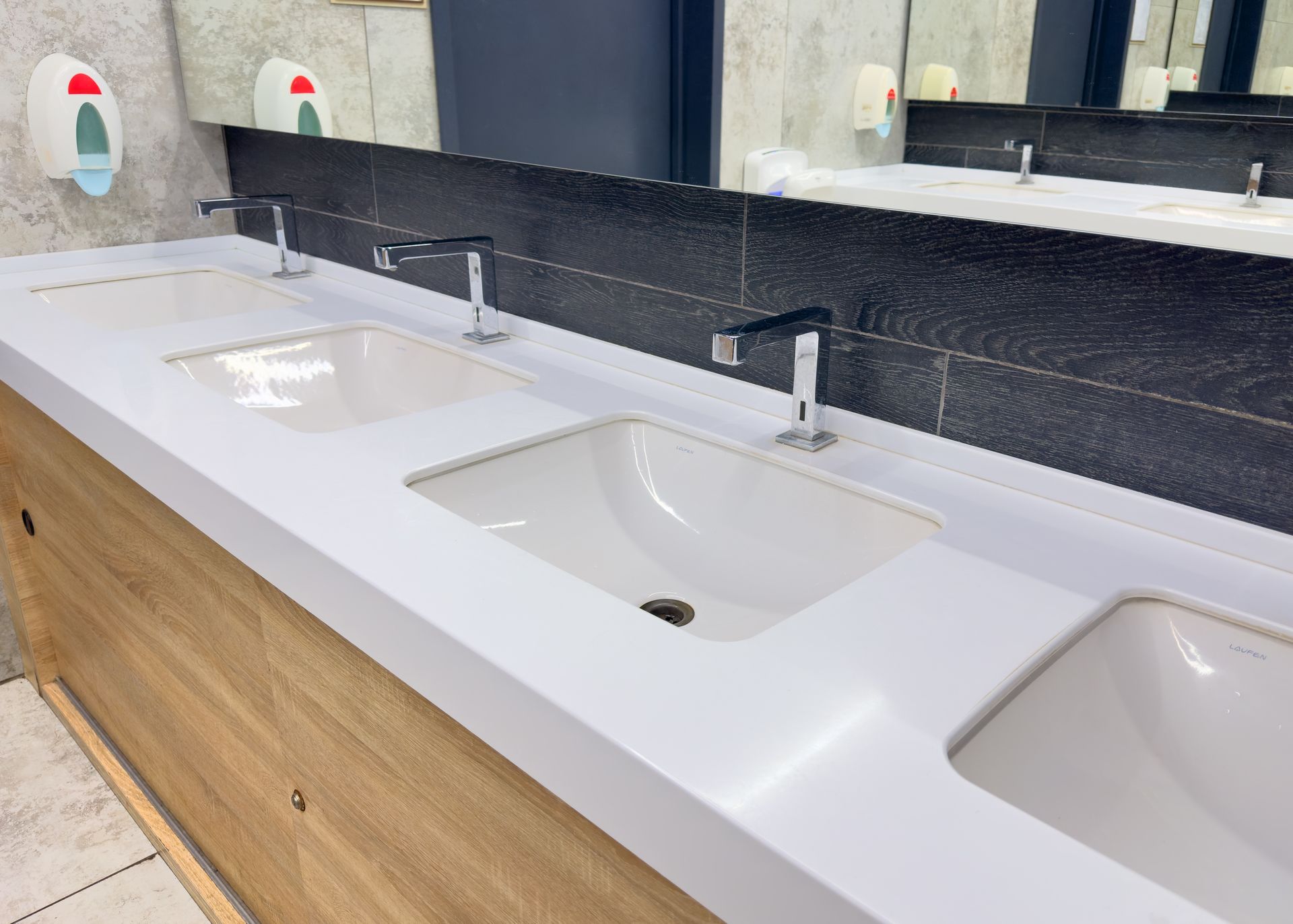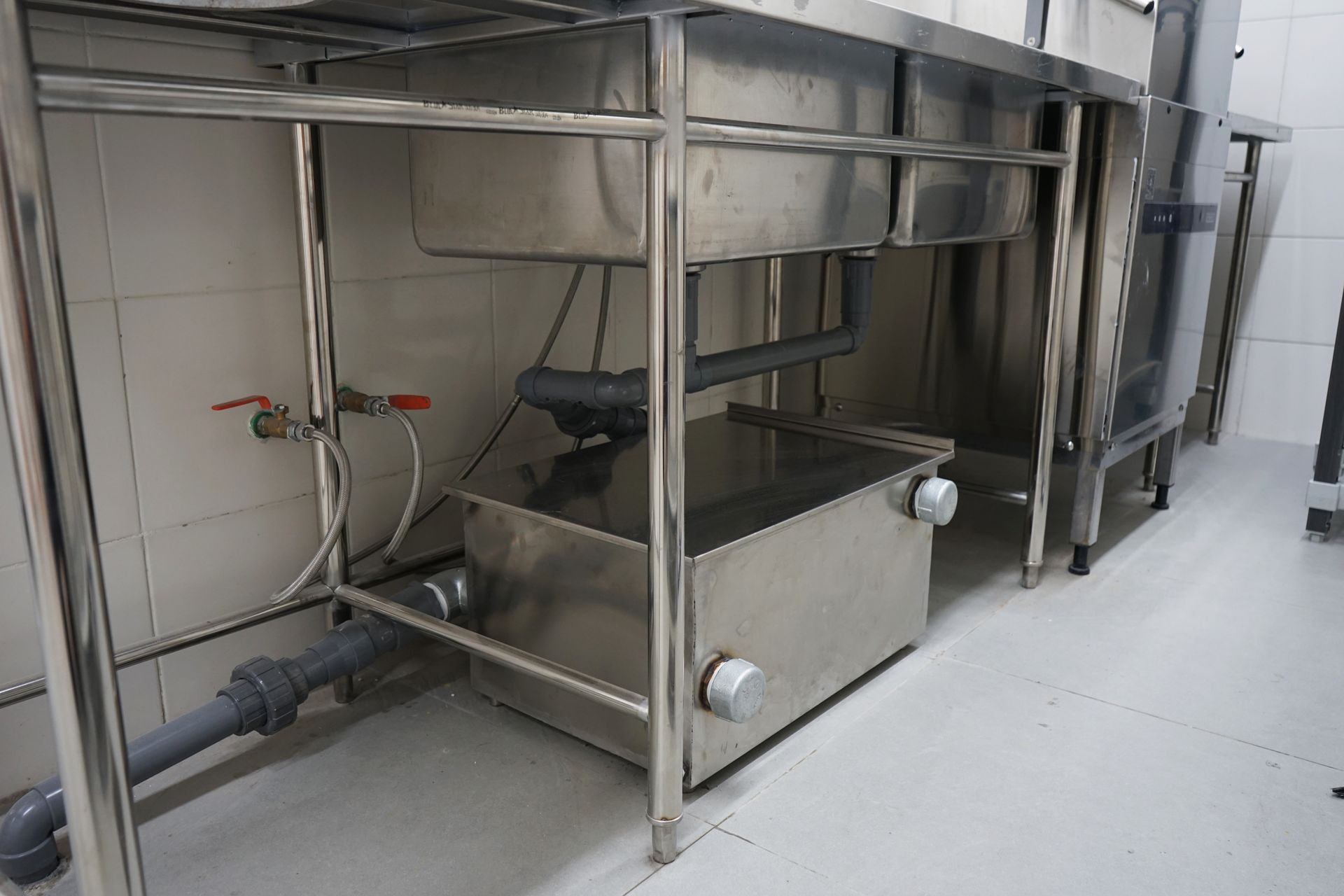Not Getting Your Water Heater Flushed? Here’s Why You Should Start
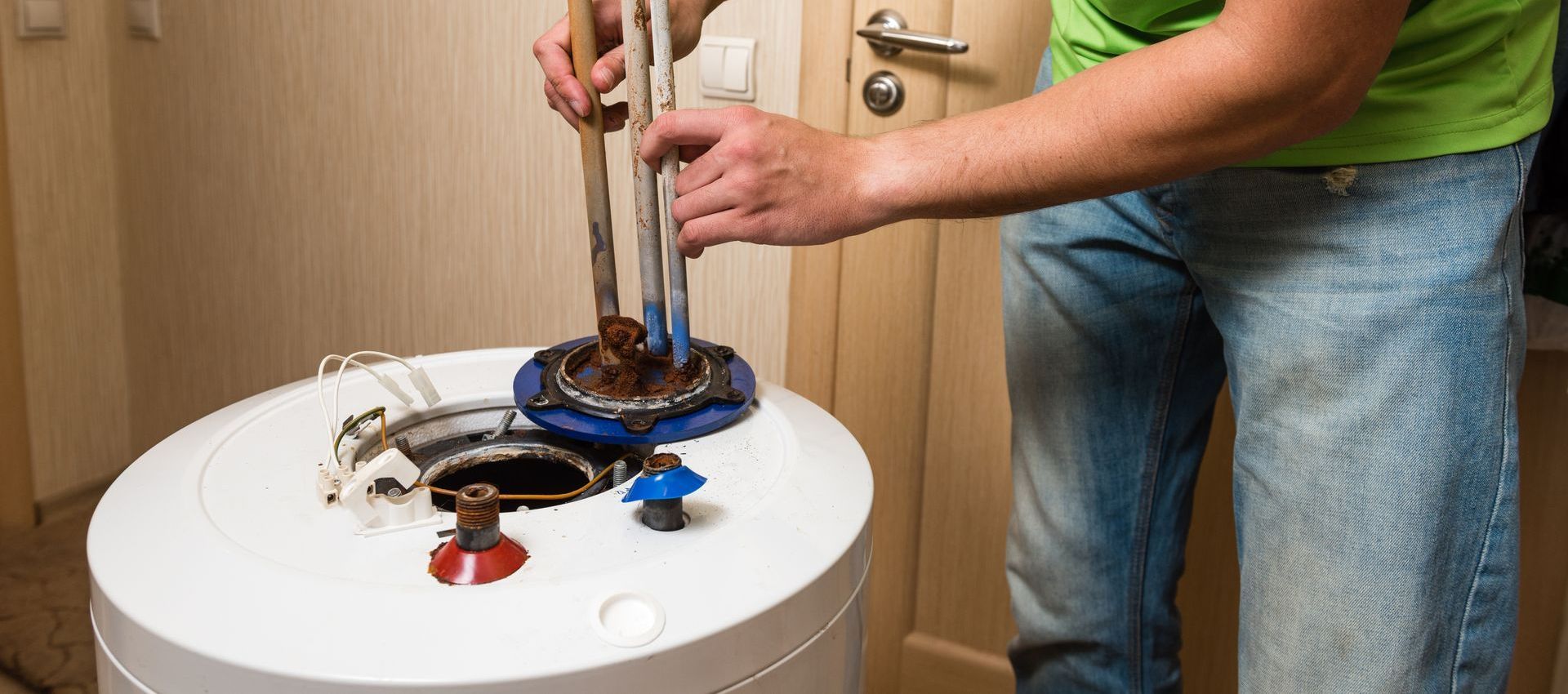
While water heaters often go unnoticed, they serve an important role for both residential and commercial properties. Homeowners and businesses both rely on hot water for sanitation and hygiene, making it an essential tool for everyday tasks. Just like any other machine, water heaters require routine maintenance to function efficiently.
Otherwise, serious issues can develop, potentially compromising safety and leading to costly repairs. Let’s take a look at these issues and see why it's important for homeowners and businesses to flush their water heaters regularly…
Removes Sediment Buildup
For both tankless and traditional water heaters, it’s important that your water heater is regularly flushed to remove sediment buildup. Over time, sediment can accumulate from the minerals that are found in our water supply. If sediment is allowed to build up, it can settle at the bottom of the heaters, which reduces efficiency and, in some cases, poses serious safety risks.
Prevents Water Heater Explosions
If sediment remains in your water heater for a prolonged period, it can force your burner to work overtime. As a result, the water under the sediment becomes trapped, which forms steam bubbles.
If these bubbles pop, water heater explosions can occur in both tank and tankless units. This not only causes significant damage, but flying debris and hot water can seriously harm those nearby. Getting your water heater regularly flushed reduces the likelihood that an explosion will occur, lowering the risk for injury and helping you save on costly repairs.
Helps Your Water Heater Run More Efficiently
Additionally, sediment can reduce your unit’s efficiency, making it expend more energy to successfully heat your water. Because your water heater requires more energy, you may notice that it takes longer to receive hot water.
Plus, an uptick in energy consumption means that you’ll likely have a higher energy bill. Frequent flushings not only improve your unit’s efficiency but also help you save on monthly bills.
Prevents Damage and Premature Wear
Some things that can happen from sediment buildup include:
- Overheating: Makes the burner work harder than it should, leading to overheating
- Drain valve clogs: Can clog the drain valve, making it difficult to flush the heater and increasing the risk of damage
- Blocked water lines: can block water lines, restricting flow and putting added pressure on the unit
Less room for hot water: Sediment can take up space, leaving less room for hot water
Reduces Noise
Sediment buildup can also cause your water heater to make lots of noise when operating. If you hear popping, hissing or banging noises coming from your water heater, it's a sign that your water heater needs to be flushed. Once your water heater has been flushed, it’s likely that these noises will subside.
What are some signs that my water heater needs flushing?
Some indicators that it's time to get your water heater flushed are:
- Longer hot water times: Indicates that your water heater is working properly
- Higher energy bills: Reduced efficiency
- Rusty water: There’s corrosion happening inside the water heater
- Hissing, banging or popping noises: Sediment buildup can cause lots of noise
- Leaks: Can be a sign that corrosion and sediment buildup
- Unpleasant smells: Can indicate a strong presence of bacteria and sediment buildup
How Often Should I Get My Water Heater Flushed?
To prevent water heaters from accumulating sediment, they should be flushed at least once a year. It’s recommended that a licensed plumber perform this task. While they flush the heater, they can check its components and ensure that everything is working properly. Plus, they can identify any issues that the untrained eye might overlook, saving on time and money that would’ve been spent on future repairs.
Need Your Water Heater Flushed? Fortner Plumbing Is Here To Help!
If you suspect that your water heater needs flushing, our team at Fortner Plumbing can help! Based in Anderson, we proudly serve communities across South Carolina, including Greenville, Pendleton and Mauldin.
Our skilled plumbers can service your heater and answer any questions you may have about the process. To get your water heater flushed, give us a call at 864-209-948. To explore our full range of services, including drain cleanings and sewer line inspections, visit our website by clicking the link here.
